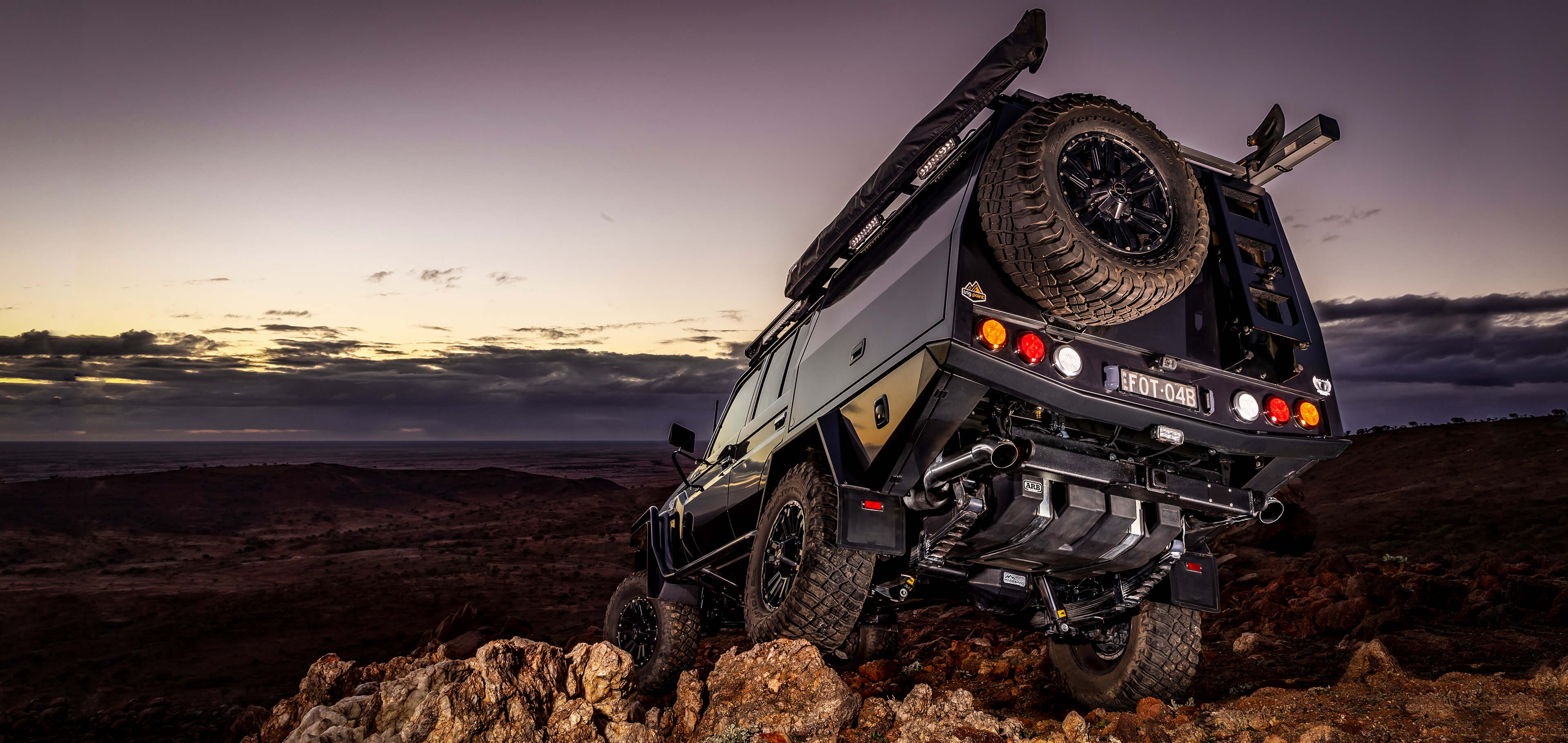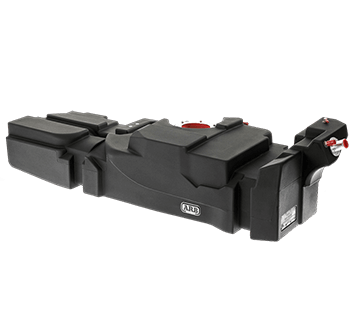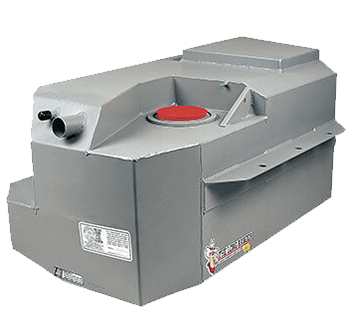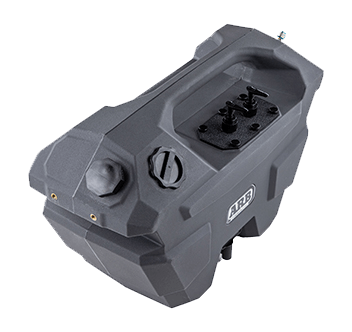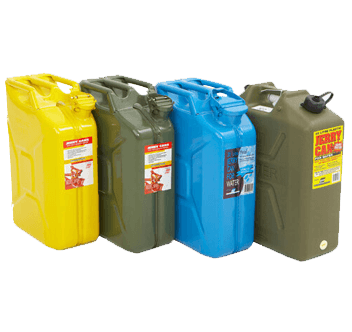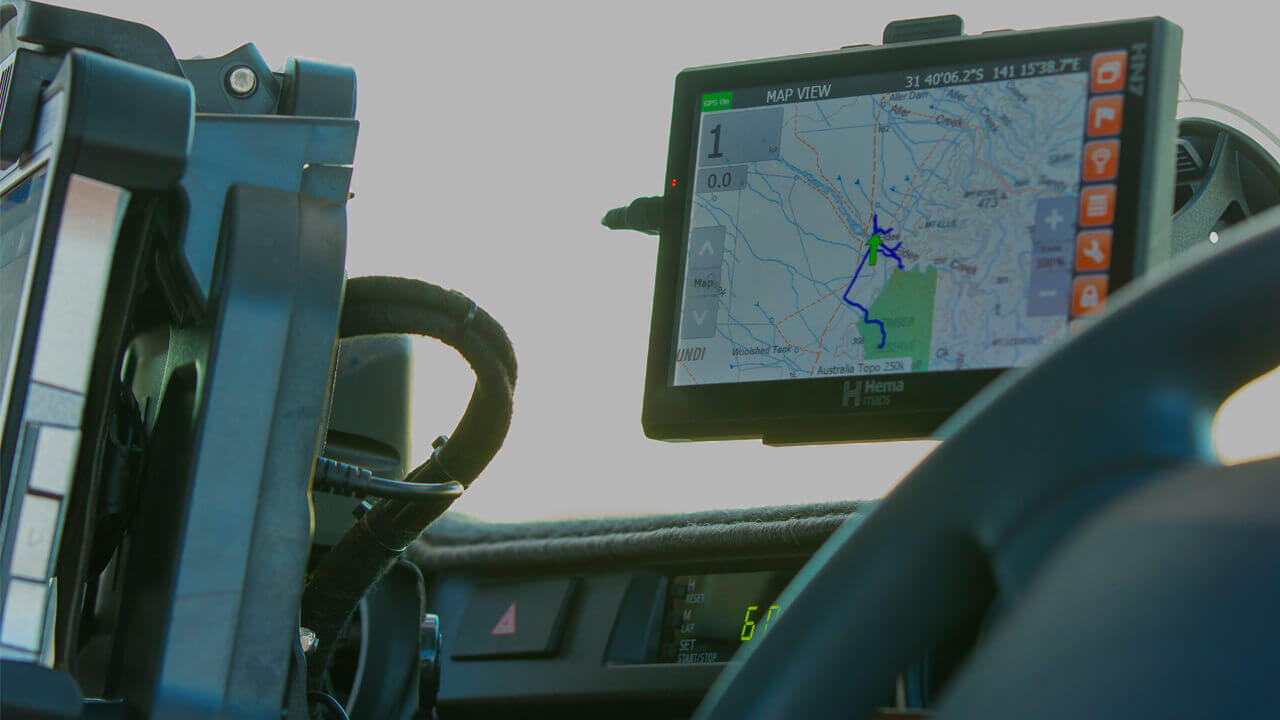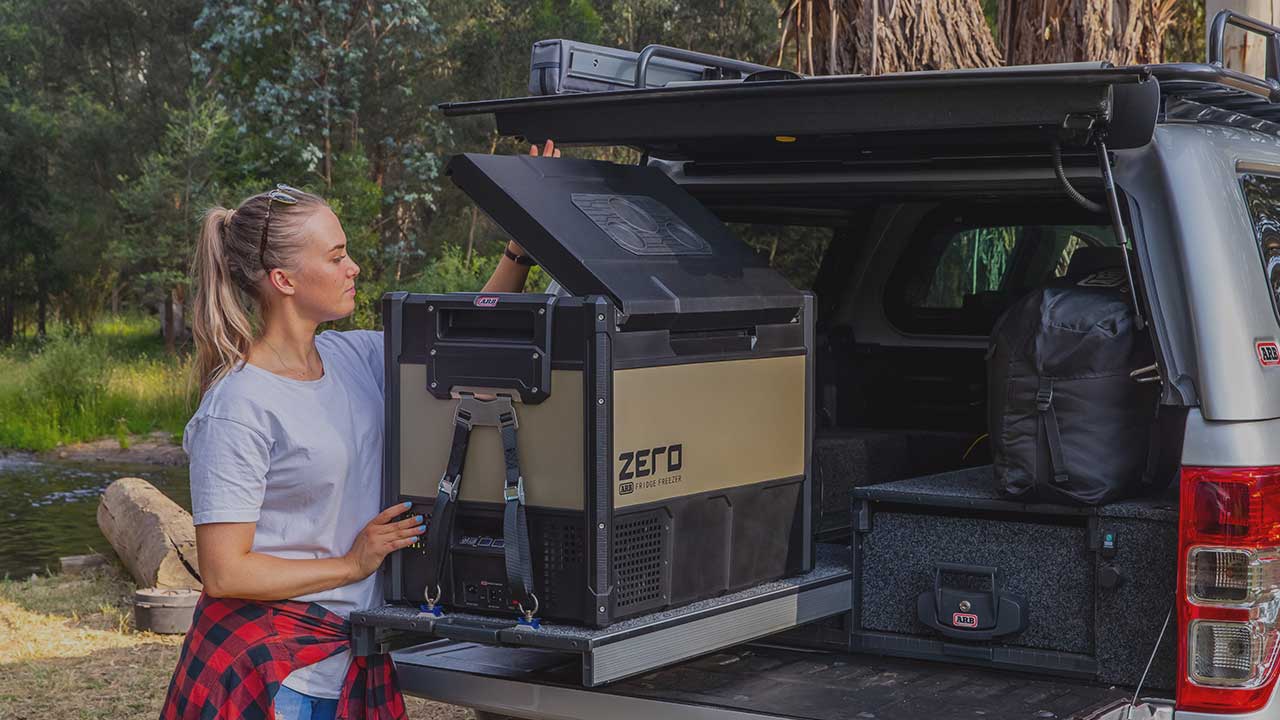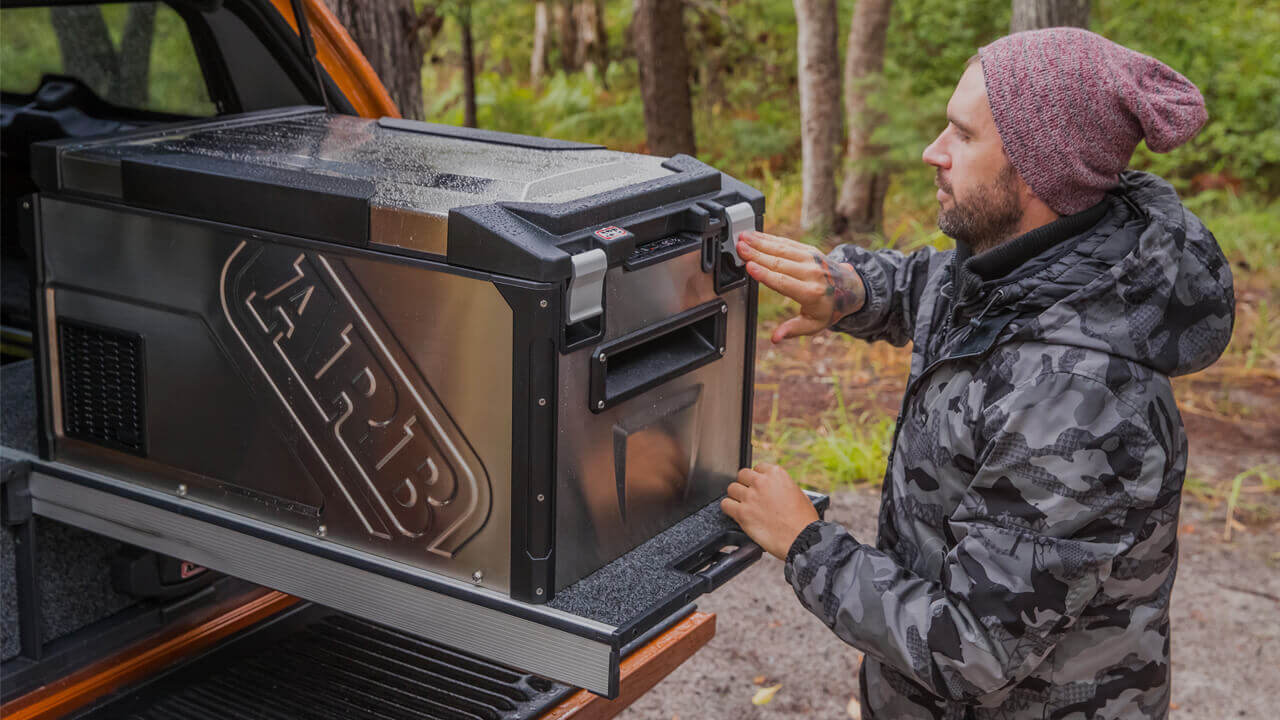FUEL TANKS & WATER TANKS
Whether you’re planning a short off-road trip or embarking on a long-range expedition, it’s crucial to be well-prepared with the right supplies.
Fuel and water are the lifeblood of any off-road adventure. Without a reliable fuel source, your 4×4 vehicle won’t be able to take you far. A reliable water storage container ensures that you have access to clean water throughout your journey, and is a must-have for everyday hydration, cooking and cleaning while off-roading. Equipping your vehicle with a sturdy and efficient fuel tank and water tank is essential for the comfort and safety of your journey.
At ARB, we have a huge range of 4WD water tanks and fuel storage containers to suit your needs. From extending your current storage to carrying fuel externally or keeping your travellers hydrated, our tanks will ensure you’re never running on empty.
Get ready for your next weekend getaway or cross-country tour with ARB — we’ve got Australia’s best range of 4×4 accessories. Explore our range and head to your nearest ARB to get the right gear for every job.

